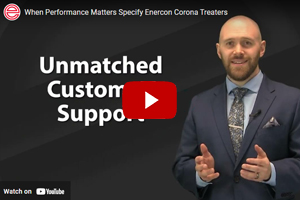That e word
- Published: October 01, 2002, By Corey M. Reardon, AWA Alexander Watson Assoc.
Europe's label converting market has been slower to embrace the benefits of B2B e-commerce than its North American counterpart. This is partly a reflection of its more conservative business profile, and partly because of its highly fragmented nature: Most European label converters are small, locally/regionally focused companies. However, in today's buyer-driven marketplace, cost reduction is essential for profitability, and e-commerce has proven it can deliver real savings.
EDI, the oldest and least flexible e-platform, remains the mainstay of e-commerce in Europe, but label industry suppliers are exploring newer avenues, including the fast-growing Internet-based networks. Using a common technology platform, they facilitate access to a wide range of information, sales, purchasing, logistics, and payment transactions.
While there are many “public” B2B exchanges run by industry consortia and fee-based for participants, “private” exchanges are being operated by leading suppliers to facilitate their own customers' transactional needs.
Retail consortia and other end-user alliances also are creating private exchanges to manage their purchasing via on-line tendering and auctions. Examples are Wal-Mart's LabelLink, effective in Europe as well as the US, and Transora, run by a group of influential purchasers that include Kraft, Procter & Gamble, Unilever, and Nestlé.
Label converters remain suspicious, however, of the security and confidentiality of such private exchanges. As a result, FINAT and EPSMA are currently developing an industry-wide XML data exchange standard that should guarantee absolute security.
Once established, this may help disperse the “big brother” image of e-commerce in the eyes of the converters — and encourage them to use it to enhance their buying power.
AWA Alexander Watson Assoc. is an international market research consultant company for the converting and packaging industries.





